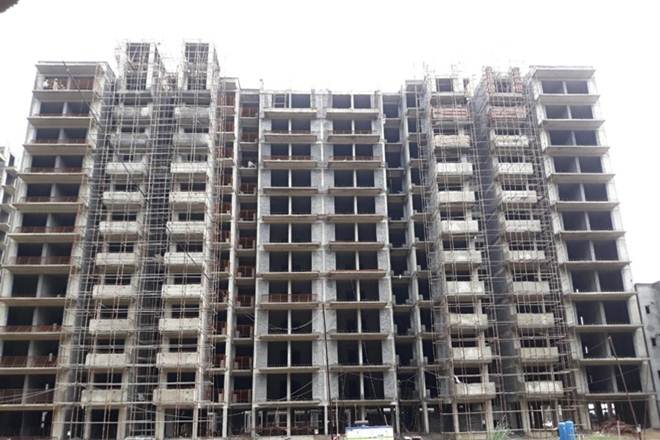Even as economic implications of the Covid-19 pandemic are still unfolding, analysts in the real estate sector anticipate a bleak scenario, particularly in affordable housing (units for up to Rs 40 lakh), as the resultant slowdown will cripple the spending capacity of the targeted income group, thereby leading to a decline in sales.
The impact of Covid-19 on affordable housing has larger ramifications for the real estate industry, as besides commercial realty, it is one of the few segments that was showing an upward trend in terms of sales in the last few quarters.
Anarock chairman Anuj Puri said that as much as 40% of the new supply added across top 7 cities in past few years was in the affordable segment. Resultantly, there is a huge under-construction supply of about 6.1 lakh units in this segment.
“This segment will be severely impacted by Covid-19 outbreak. The target audience typically have limited income and unemployment fears currently loom large. This could result in deferred property purchase decisions in 2020 and ultimately derail the segments’ growth momentum. As a result, unsold affordable stock can rise by 1-2% on a y-o-y basis,” Puri fears.
JLL India in a report released on Tuesday explained that owing to the economic slowdown as a result of the current situation, consumer confidence has also taken a hit, which is having a direct implication on home buying decisions.
It pointed out that overall housing sales, including the affordable segment, fell 29% y-o-y to 27,451 units in Q1 2020 calendar year (CY) across the top seven markets, which is the second largest dip in the last five years. This is because homebuyers have deferred their purchase decisions in light of the impending crisis.
In spite of several measures being announced by the government and the central bank to mitigate the adverse effects of Covid-19, the revival of the residential sector primarily hinges on the intensity, spread and duration of the global pandemic.
Savills India chief executive officer Anurag Mathur said residential real estate is likely to see a further slowdown in the coming months given that attendant activities are at a standstill. With construction already coming to a grinding halt, project completions are slated to be postponed and if this situation prolongs, the deployment of funds including the AIF will remain on hold.
“Housing sales may see a sharp dip for at least the next one quarter as consumers’ biggest priority currently is health, safety and income preservation. Even if the situation settles down quickly, it may take time for homebuyers to come back to the market,” he added.


